
Code: 02357233
Simplicius: On Aristotle On the Heavens 1.1-4
by Simplicius
In chapter 1 of On the Heavens Aristotle defines body, and then notoriously ruptures dynamics by introducing a fifth element, beyond Plato's four, to explain the rotation of the heavens, which, like nearly all Greeks, Aristotle to ... more
- Language:
 English
English - Binding: Paperback
- Number of pages: 240
Publisher: Bloomsbury Publishing, 2014
- More about this

You might also like
-

Strandness's Duplex Scanning in Vascular Disorders
223.47 € -4 % -

TBK Fitness Program
20.04 € -

Ayrshire Buses
16.82 € -18 % -

Religion Returns to the Public Square
31.63 € -

Buddhistische Tempelanlagen in Thailand
89.36 € -2 % -

Instant .NET 4.5 Extension Methods How-to
31.73 € -

Questions on the Brewhouse in the Beer Brewing Process
18.63 € -
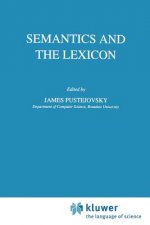
Semantics and the Lexicon
120.90 € -

Unknown London Vol 4
16.41 € -

Cambridge Reading Adventures Earthquakes White Band
6.94 € -5 % -

Jump: into the Valley of the Shadow
17.32 € -18 % -

Melric and the Petnapping
14 € -18 % -

Politics & Religion
38.58 € -

American Rock
28.91 € -10 %
Give this book as a present today
- Order book and choose Gift Order.
- We will send you book gift voucher at once. You can give it out to anyone.
- Book will be send to donee, nothing more to care about.
More about Simplicius: On Aristotle On the Heavens 1.1-4
You get 161 loyalty points
 Book synopsis
Book synopsis
In chapter 1 of On the Heavens Aristotle defines body, and then notoriously ruptures dynamics by introducing a fifth element, beyond Plato's four, to explain the rotation of the heavens, which, like nearly all Greeks, Aristotle took to be real, not apparent. Even a member of his school, Xenarchus, we are told, rejected his fifth element. The Neoplatonist Simplicius seeks to harmonise Plato and Aristotle. Plato, he says, thought that the heavens were composed of all four elements but with the purest kind of fire, namely light, predominating. That Plato would not mind this being called a fifth element is shown by his associating with the heavens the fifth of the five convex regular solids recognised by geometry. Simplicius follows Aristotle's view that one of the lower elements, fire, also rotates, as shown by the behaviour of comets. But such motion, though natural for the fifth elements, is super-natural for fire. Simplicius reveals that the Aristotelian Alexander of Aphrodisias recognised the need to supplement Aristotle and account for the annual approach and retreat of planets by means of Ptolemy's epicycles or eccentrics. Aristotle's philosopher-god is turned by Simplicius, following his teacher Ammonius, into a creator-god, like Plato's. But the creation is beginningless, as shown by the argument that, if you try to imagine a time when it began, you cannot answer the question, 'Why not sooner?' In explaining the creation, Simplicius follows the Neoplatonist expansion of Aristotle's four 'causes' to six. The final result gives us a cosmology very considerably removed from Aristotle's.
 Book details
Book details
Book category Books in English Humanities Philosophy History of Western philosophy
64.17 €
- Full title: Simplicius: On Aristotle On the Heavens 1.1-4
- Author: Simplicius
- Language:
 English
English - Binding: Paperback
- Number of pages: 240
- EAN: 9781472557377
- ISBN: 1472557379
- ID: 02357233
- Publisher: Bloomsbury Publishing
- Weight: 266 g
- Dimensions: 233 × 161 × 10 mm
- Date of publishing: 10. April 2014
Trending among others
-

Meditations
8.96 € -24 % -

Aphorisms on Love and Hate
3.92 € -15 % -

Why I Am so Clever
3.92 € -15 % -

The Myth of Sisyphus
8.25 € -28 % -

Meditations
16.01 € -16 % -

Letters from a Stoic
12.28 € -14 % -

The Symposium
9.26 € -24 % -

Discourses and Selected Writings
10.57 € -26 % -

Beyond Good and Evil
9.26 € -34 % -

Twilight of the Idols with The Antichrist and Ecce Homo
5.43 € -26 % -
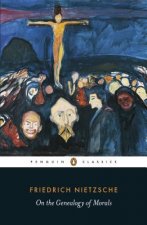
On the Genealogy of Morals
11.07 € -16 % -

Meditations
20.14 € -19 % -

Simulacra and Simulation
18.73 € -17 % -
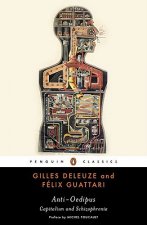
Anti-Oedipus
19.54 € -18 % -

Gay Science
12.58 € -21 % -

Phenomenology of Spirit
37.27 € -5 % -

Human, All Too Human & Beyond Good and Evil
5.83 € -20 % -

Spell of the Sensuous
17.12 € -14 % -

Brief History of Everything (20th Anniversary Edition)
16.92 € -19 % -
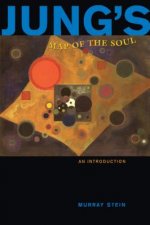
Jung's Map of the Soul
24.88 € -18 % -

Thus Spoke Zarathustra
9.36 € -29 % -

Think
12.28 € -28 % -

History of Western Philosophy
25.68 € -8 % -
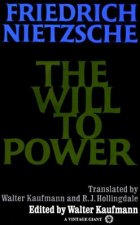
Will to Power
18.03 € -9 % -
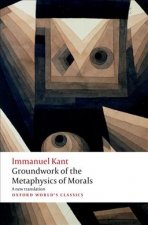
Groundwork for the Metaphysics of Morals
10.87 € -18 % -
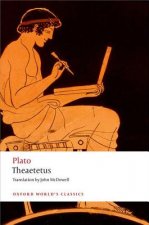
Theaetetus
12.28 € -28 % -
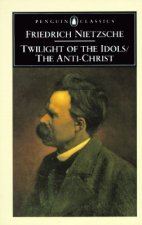
Twilight of Idols and Anti-Christ
11.38 € -11 % -
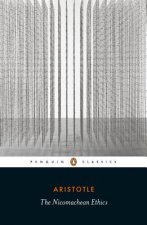
Nicomachean Ethics
11.88 € -16 % -

Order of Things
20.54 € -14 % -

Being and Event
29.21 € -9 % -

Companion to Mill
217.52 € -
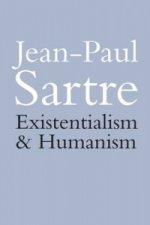
Existentialism and Humanism
12.28 € -14 % -
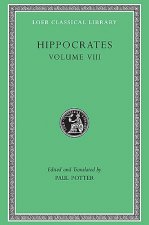
Places in Man. Glands. Fleshes. Prorrhetic 1-2. Physician. Use of Liquids. Ulcers. Haemorrhoids and Fistulas
35.96 € -
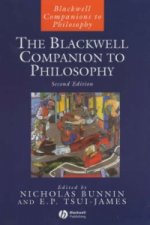
Blackwell Companion to Philosophy 2e
54.10 € -

Logics of Worlds
43.21 € -

Mindfulness
36.46 € -
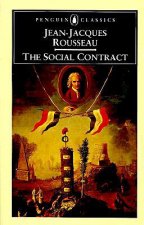
Social Contract
10.17 € -17 % -

Ethics of Authenticity
20.04 € -8 % -
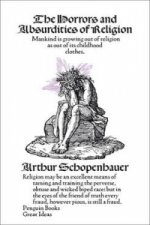
Horrors and Absurdities of Religion
8.25 € -28 % -
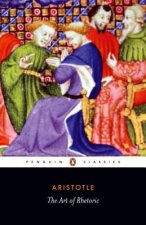
Art of Rhetoric
14.60 € -6 % -
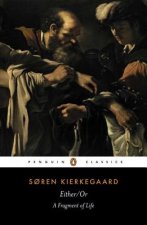
Either/Or
19.34 € -

Nausea
11.07 € -22 % -

Myth of Sisyphus
11.07 € -22 % -

Things Hidden Since the Foundation of the World
31.12 € -6 % -

Ride the Tiger
20.85 € -19 % -
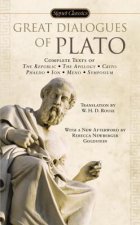
Great Dialogues Of Plato
8.45 € -
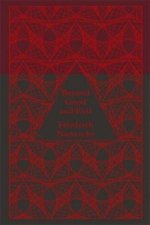
Beyond Good and Evil
15.20 € -20 % -

Fear and Trembling
11.07 € -22 % -
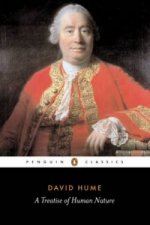
Treatise of Human Nature
14.20 € -21 %
Collection points Bratislava a 2642 dalších
Copyright ©2008-24 najlacnejsie-knihy.sk All rights reservedPrivacyCookies



 15549 collection points
15549 collection points Delivery 2.99 €
Delivery 2.99 € 02/210 210 99 (8-15.30h)
02/210 210 99 (8-15.30h)